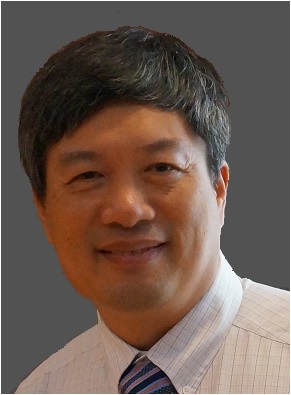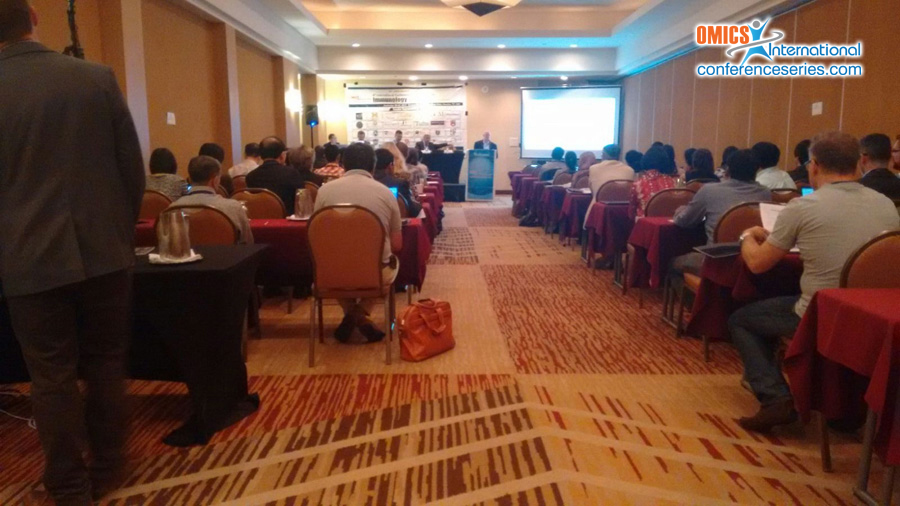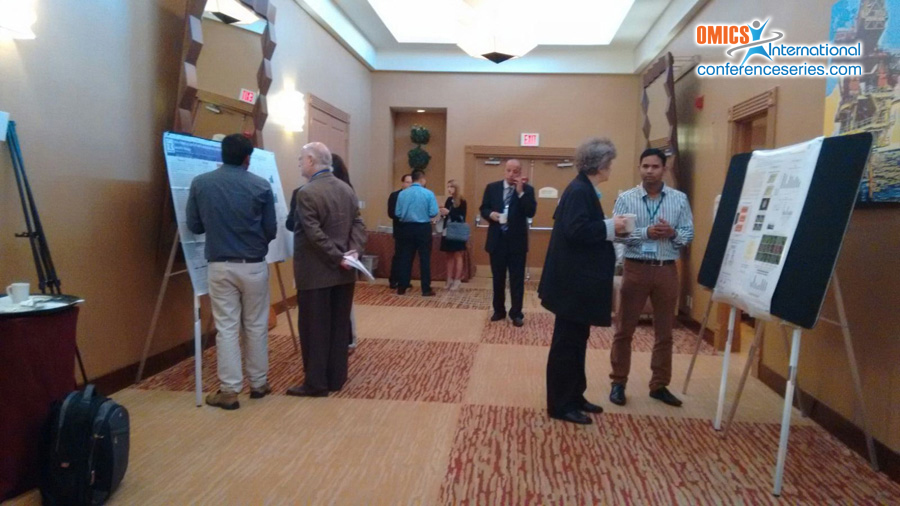
Biography
Biography: Yongxin Zhang
Abstract
Antigen-specific T immunocyte in vitro expansion provides effective cells in cancer therapy, but a successful expansion partially depends on the activity of the harvested cells. Ideally, the cells should be harvested at the point of maximum function. However, the activities of most, if not all, immunocytes decline when the cells are cultured in vitro. Therefore, the determination of the peak time point is critical for the efficient expansion of effective antigen-specific T immunocytes. Our previous studies demonstrated that hematopoietic stem cells reduce their engraftment potency during ex vivo expansion due to non-specific differentiation and has a optimal harvest time point for their highest engraftment potency during the expansion. Similar to hematopoietic stem cells, lymphocytes also cannot keep the activity at their highest level following in vitro culture. Antigen-specific cytotoxic T lymphocyte (asCTL) is a typical example, in which the total cytotoxicity increases for a certain period as cell number increases at the early expansion stage, but decreases at late stage because individual cell-based killing function always gradually declines and drops very fast at the late stage. In this study, CMV asCTLs and cancer cell-induced asCTLs were expanded in ZYX bioreactor, the correlation between cell number and their total antigen-specific cytotoxicity was established, and the peak time point of total antigen-specific cytotoxicity was determined. From this data, a computer program was used to predict the peak time point of total antigen-specific cytotoxicity by real-time monitoring the cell number changing in the CTL expansion. The results showed that our system could determine the optimal time point for the asCTL harvest without needing a series of CTL assays.
Speaker Presentations
Speaker PDFs
Speaker PPTs Click Here




